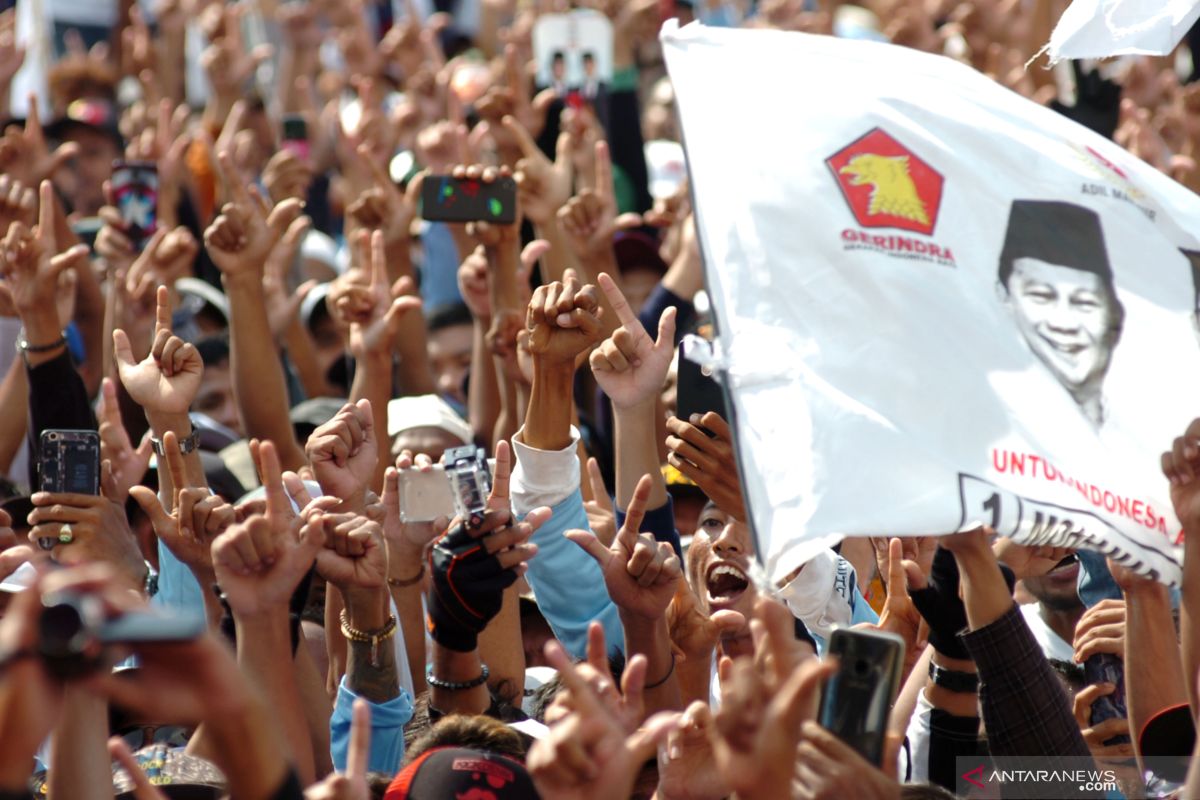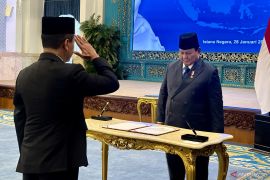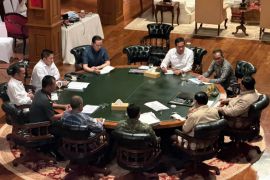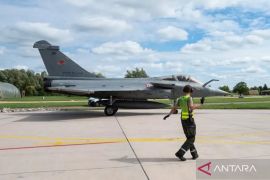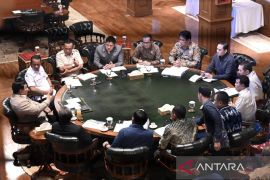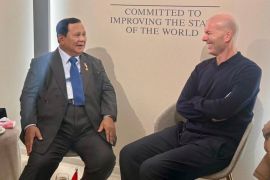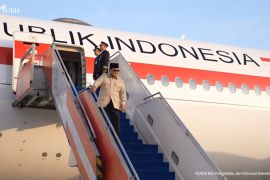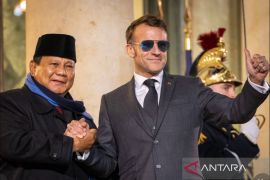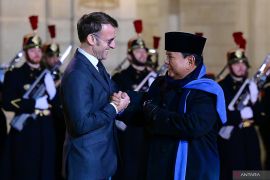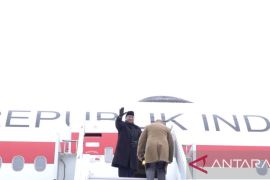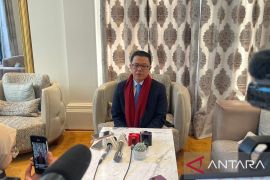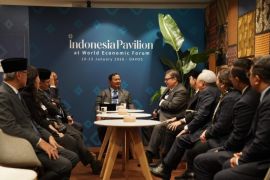This is because the General Elections Commission (KPU) has selected Saturday, April 13, as the day for the fifth round of the presidential debate, where the two pairs will battle it out on stage one last time to convince undecided voters. Four days later, on April 17, around 192 million eligible voters living in the country and abroad will cast their votes in Indonesia's general elections.
During the fourth round of debates held on April 30, presidential candidate number 02, Prabowo, chose to adopt an offensive stance while squaring off against the incumbent president. This is contrary to his "reconciliatory approach", as University of Indonesia's (UI's) political analyst Vishnu Juwono described it, which he had adopted during his two previous debates with Jokowi.
"Prabowo's decision to avoid the reconciliatory approach and adopt an offensive one was perhaps done taking into account the fact that he is in the opposition," he argued.
Speaking about how the two presidential candidates fared in their latest debate, Juwono, a renowned lecturer at UI's Administration Science Department, highlighted the fact that Prabowo, being in the opposition, was essentially looking for loopholes in the functioning of the government.
Juwono added that this shift in strategy by Prabowo, an attempt to take the government to task over its policies, could also be a bid to increase his support base.
Several pollsters have pointed out that the Prabowo-Sandiaga Uno pair's electability had slipped behind that of the Jokowi-Ma'ruf Amin pair, he noted.
The Prabowo-Sandiaga Uno pair believes that this new approach could work in their favor and hinder Jokowi's electability.
Prabowo's approach to corner the Jokowi government over its policies could partly be seen on matters relating to security and defence, as well as international relations, Jowono pointed out.
At the recent debate held at the Shangri-La Hotel, Central Jakarta, Prabowo reiterated the fact that Indonesia's defense capability was still "vulnerable and weak". During the presidential debate that brought up issues concerning ideology, administration, defence, and security, as well as international relations, Subianto was also vocal in his criticism over Indonesia's primary weaponry defense system (Alutsista), which he said was lagging.
He argued that the weakness of Indonesia's defence was closely related to budget constraints, despite the fact that a strong defence was important for the country to be able to safeguard its wealth and territorial sovereignty.
To defend his argument, Prabowo quoted a Greek saying, "The strong do what they can, and the weak suffer what they must." Therefore, he said that raising the defence budget was a must, and corruption, which had become a serious hurdle for so long, should be eradicated.
Prabowo was also quick to point the finger at Jokowi over Indonesia's peace diplomacy and role in finding solutions to the human rights violations against the Rohingya Muslims in Myanmar. He said that the defence capabilities in place were inadequate to support Jakarta's efforts.
He was of the view that Indonesia's low defense capability negatively affected its bargaining stance while facing powerful states.
Jokowi, on the other hand, repeatedly echoed his strong belief in the capability of the Indonesian defence in securing the country's wealth and territorial integrity.
He highlighted the integrated deployment of troops outside Java as part of his government's defence-related policies. To this end, he had even ordered the Defence Minister and Indonesian Military Chief to create the Army Strategic Reserves Command (Kostrad) Division III, he said.
According to the incumbent president seeking re-election in the upcoming presidential race, the integrated deployment of military troops was conducted in strategic peripheral areas, such as the western part of Natuna Island in Riau Islands Province, Morotai in North Maluku Province, and Biak in Papua Province.
With the integrated deployment of military forces in those peripheral regions, and airborne surveillance radar in 19 areas and maritime surveillance radar in 11 areas, Indonesia's territorial sovereignty could be safeguarded, Jokowi argued.
At the end of the debate and discussion between the two presidential candidates, Prabowo's offensive approach during the debate, live-streamed by TV channels, such as SCTV and Indosiar, won public appreciation, according to an analyst.
Pangi Syarwi Chaniago, an analyst of the Voxpol Center Research and Consulting, for instance, said that as the contender, Prabowo had been able to challenge Jokowi's ideas and policies without "personally attacking" the incumbent president.
"Prabowo was successful in 'grabbing' this round," Chaniago said.
Can Prabowo Subianto, whose electability still remains behind that of Jokowi, maintain his performance in the fifth round of debates? Let us wait and see.
Editor: Gusti Nur Cahya Aryani
Copyright © ANTARA 2019
